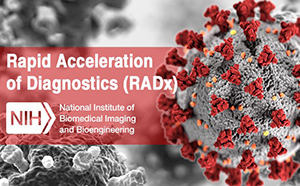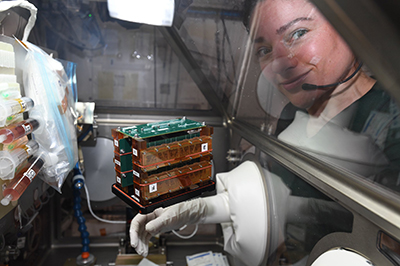1. Antidepressants
Osei-Boamah recommends separating coffee and antidepressant consumption by at least one to two hours to minimize the risk of interactions.
2. Cold and allergy medicine
The stimulant effect of caffeine does not mix well with many cold and allergy medications. “Many cold medications, especially those with decongestants like pseudoephedrine, already increase heart rate or blood pressure,” says Kennedy Erickson, PharmD, a pharmacist at Centralia Pharmacy in Centralia, Washington, and a member of the American Pharmacists Association.
Adding caffeine can aggravate these effects, causing heart palpitations or anxiety, adds Dr. Osei-Boamah.
Whether you’re taking over-the-counter cold and allergy medications or prescription medications, it’s important to talk to your doctor about the possible side effects of combining them with coffee.
3. Thyroid medications
Erickson recommends taking levothyroxine on an empty stomach with water and waiting at least 30 to 60 minutes before drinking coffee. “It’s a simple and timely solution that can make a big difference in thyroid control,” he says.
4. Diabetes medications
“Caffeine can raise blood sugar levels in some people by triggering the release of the stress hormone, which counteracts what many diabetes medications try to achieve,” says Erickson. “That said, the effect varies by individual, as some people are more sensitive to caffeine than others.”
The interaction between coffee and diabetes medications is complex. It depends on the effects of caffeine and polyphenols (the main active ingredients in coffee) and your specific diabetes medication, Osei-Boamah adds.
5. Blood pressure medications
Caffeine can temporarily raise blood pressure, which may reduce the effectiveness of blood pressure medications. “This effect is most pronounced between one and three hours after ingestion,” says Osei-Boamah, noting that caffeine can increase systolic blood pressure (the pressure in the arteries when the heart contracts) by about 5 to 8 millimeters of mercury (mmHg) and diastolic blood pressure (the pressure in the arteries when the heart relaxes) by about 5 to 6 mmHg, in people. sensitive.
Still, if you’re taking blood pressure medication, your doctor may recommend avoiding caffeine altogether. “While it may not completely cancel out a blood pressure medication, it can make it more difficult to control,” explains Erickson.
6. Medications for osteoporosis
Caffeine can significantly reduce the absorption of oral bisphosphonates (such as alendronate, risedronate, and ibadronate), the first-line medications for osteoporosis (a bone-weakening disease), and, as a result, their bioavailability (the amount of medication available to the body), Osei-Boamah says.
“It is recommended that oral bisphosphonates be taken with plain water only, at least 30 to 60 minutes before consuming coffee, other beverages, foods or supplements, to maximize absorption and clinical benefit,” adds Osei-Boamah.
One exception is the delayed-release formulation of risedronate, which is designed to be taken after breakfast with minimal impact on absorption and bioavailability, Osei-Boamah adds.
7. melatonin
The way caffeine interacts with melatonin (the supplement of a natural hormone that tells the body to prepare for sleep) is relatively simple. As a stimulant, caffeine counteracts the sleep-promoting effects of melatonin and slows its production, Erickson says.
8. Medications for Alzheimer’s
9. Asthma medications
“This is particularly true of theophylline, which is chemically similar to caffeine. [both are stimulants]” says Erickson. “When taken together, they can cause cumulative side effects such as tremors, tachycardia, or nausea. “Even with inhalers like albuterol, caffeine can increase stimulation.”
10. Anticoagulants
The consistency of your coffee consumption can affect whether you experience interactions. “If you take warfarin and drink one cup of coffee a day, that shouldn’t dramatically change how quickly your blood clots,” Erickson says. “But add a cup or two [more] one day it might, so it’s important to keep track of this.”
Coffee does not interact directly with newer blood thinners, such as apixaban or rivaroxaban, he adds.
When to see a doctor
Talk to your doctor or pharmacist if you have questions about how coffee may interact with your medications, or if you experience side effects such as nervousness, sleep disturbances, rapid heartbeat, changes in blood sugar, or any other unusual symptoms. Your doctor can give you advice tailored to your specific medication.
“Sometimes it’s not about eliminating the coffee, but about spacing it appropriately,” Erickson says. You may be able to avoid interactions by adjusting the timing of your coffee and medications. However, some people may need to avoid coffee altogether.
It is best to consult your healthcare provider for personalized recommendations tailored to the medications you take, your sensitivity to caffeine, and any symptoms you experience.



